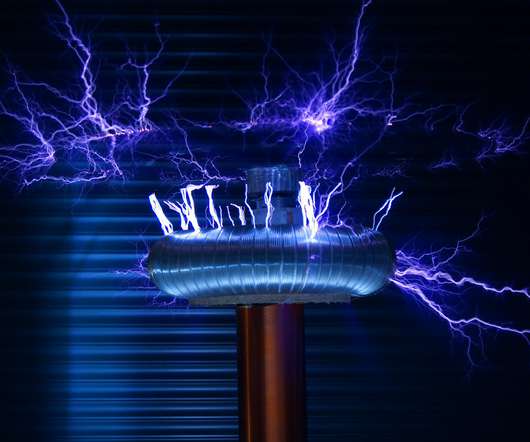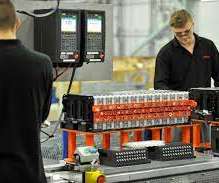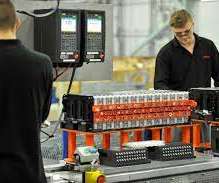Bosch study highlights potential of e-fuels to reduce CO2 emissions
Green Car Congress
AUGUST 22, 2017
According to a new study by Bosch, the use of e-fuels—synthetic fuels based on renewable energy—in Europe by 2050 as a scheduled supplement to electrification could save up to 2.8 gigatons of CO 2 : three times Germany’s carbon-dioxide emissions in 2016. Earlier post.) liter (US$4.47 gallon US) in the long run.





























Let's personalize your content